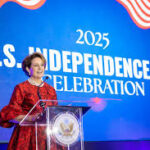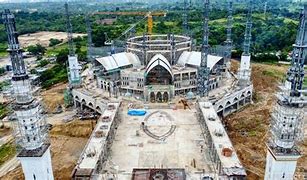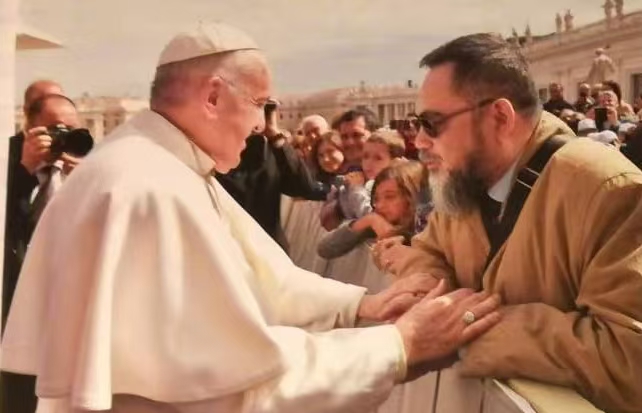Sadik Grand Mosque in Zamboanga
by Richard Sanders, Staff Writer
Zamboanga, a city located in the southern region of the Philippines, has a rich and diverse history when it comes to Islam. The history of Islam in Zamboanga is deeply intertwined with the broader history of the region, which has seen the influences of various cultures and religions over the centuries.
The arrival of Islam in Zamboanga can be traced back to the 13th century when Arab traders and missionaries began spreading the teachings of Islam in the region. The Sultanate of Sulu, a Muslim state that once controlled parts of what is now Zamboanga, played a significant role in the spread and establishment of Islam in the area.
Zamboanga’s history as a center of Islamic culture and trade continued to develop over the centuries. The city became a hub for maritime trade networks connecting Southeast Asia with the Middle East and beyond. This trade brought not only goods but also ideas, including Islamic teachings and practices.
During the Spanish colonial period in the Philippines, Zamboanga was one of the areas that resisted Spanish conquest for an extended period. Muslim communities in the region, known as Moros, fiercely defended their territories and way of life against Spanish incursions. The Spanish eventually established control over Zamboanga and other parts of Mindanao, but Islam remained a significant cultural and religious force in the region.
In more recent history, Zamboanga has continued to be a center of Islamic culture and heritage in the Philippines. The city is home to mosques, madrasas (Islamic schools), and a vibrant Muslim community that celebrates its faith through traditions, festivals, and daily practices.
Today, Islam in Zamboanga is a vital part of the city’s identity and cultural landscape. The Muslim population continues to uphold their religious beliefs and practices, contributing to the diverse tapestry of beliefs and traditions that make up the rich heritage of Zamboanga.
As Zamboanga moves forward into the future, the history of Islam in the city remains an essential part of its identity, reflecting the enduring influence of the faith on the culture, society, and people of this vibrant and dynamic region.















